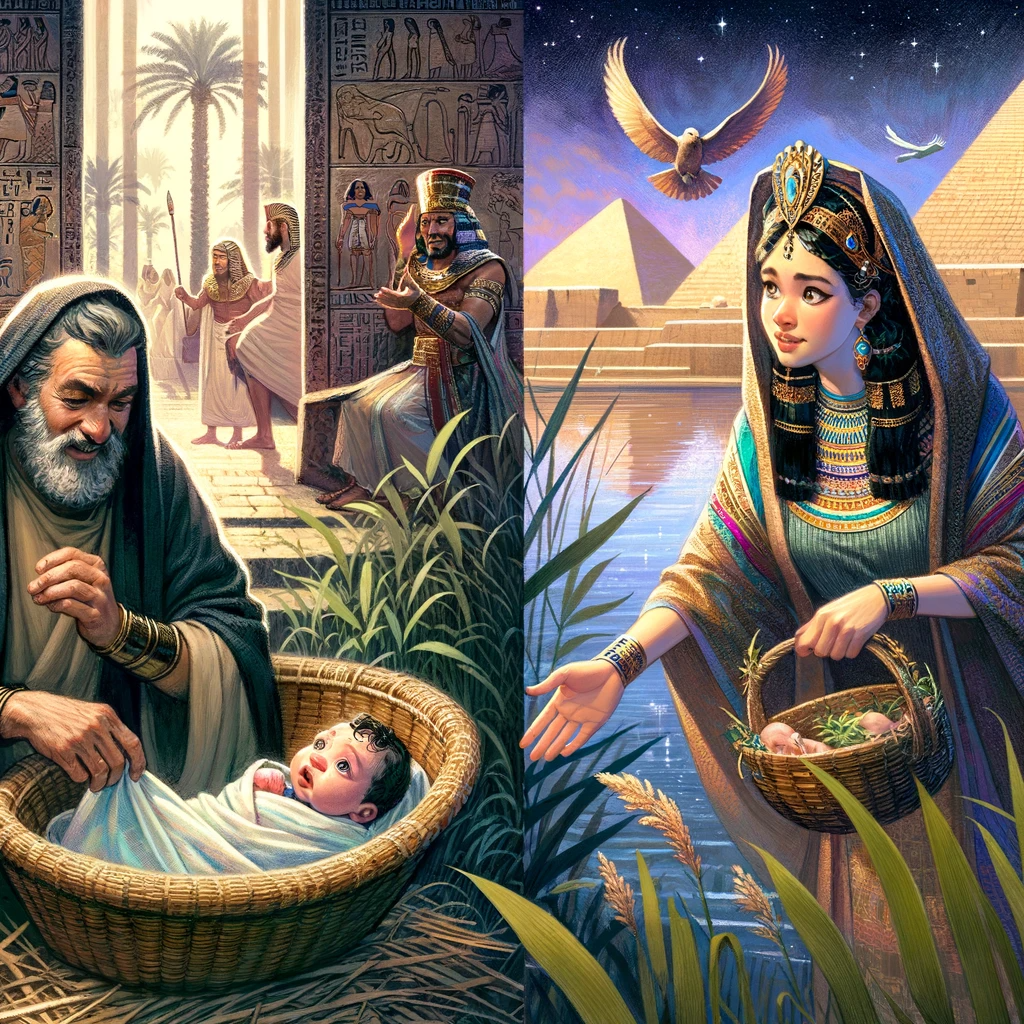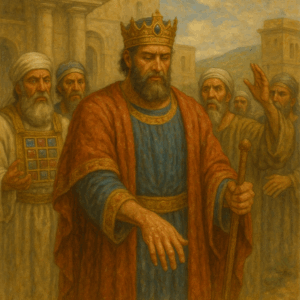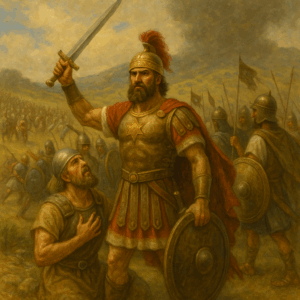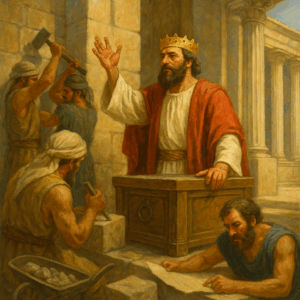Introduction:
Exodus Chapter 2 serves as the narrative foundation for one of the most pivotal figures in biblical history – Moses. This chapter beautifully intertwines themes of survival, providence, and emerging leadership against the backdrop of the Israelites’ continued oppression in Egypt. It sets the stage for the epic story of deliverance that unfolds in the subsequent chapters of Exodus.
Moses’ Miraculous Survival:
The chapter begins with the birth of Moses during a time of grave peril for the Israelite infants, as Pharaoh decrees that all newborn Hebrew boys be thrown into the Nile. Moses’ mother, in a desperate act to save her son, places him in a basket and sets it adrift on the Nile. The pharaoh’s daughter discovers the baby and, moved by compassion, decides to raise him as her own. This act of mercy and Moses’ subsequent upbringing in the Egyptian royal household lay the groundwork for his unique role in the Israelites’ story.
Key Themes and Contemporary Reflections:
The Protection of the Innocent:
The narrative of Moses’ survival is a powerful testament to the protection and resilience of the innocent amidst grave threats. It shows how, even in the darkest times, hope and deliverance can emerge from the most unexpected places.
Modern Application: In today’s world, where the vulnerable and innocent often suffer under oppressive systems, this story is a reminder of the responsibility to protect and uplift the defenseless in our societies.
Identity and Dual Heritage:
Moses’ upbringing in the Egyptian royal family and his Hebrew heritage presents a compelling narrative of dual identity. This duality shapes his perspective and prepares him for his future role as a leader.
Modern Application: The theme of identity is especially relevant in our multicultural world. Many can relate to the challenge of navigating between different cultural identities and finding a unique voice that honors both.
The Emergence of Leadership:
Moses’ early actions, including his defense of the Hebrew laborer, hint at his innate sense of justice and leadership. These qualities, though initially leading him into exile, are instrumental in his later role as the deliverer of Israel.
Modern Application: Leadership often emerges in moments of moral conviction and defense of the oppressed. This narrative encourages the nurturing of leadership qualities such as empathy, courage, and a strong sense of justice.
Conclusion:
Exodus Chapter 2 not only narrates the dramatic beginning of Moses’ life but also sets in motion the journey of a nation towards freedom. It is a chapter rich with themes of hope, identity, and emerging leadership. As we reflect on Moses’ story, we are reminded of the ongoing struggle for justice and liberation in our world and the importance of leaders who can navigate with empathy and moral conviction.






